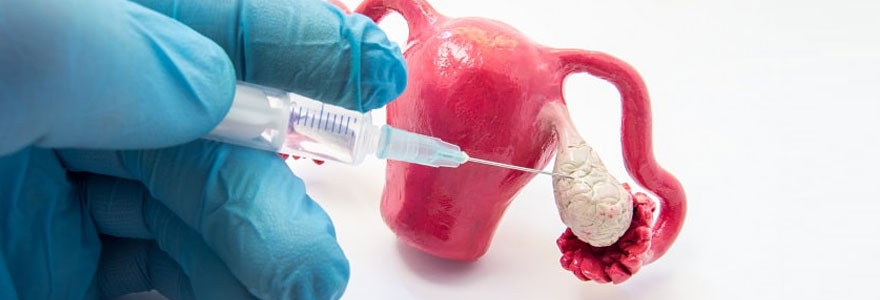Ovulation Induction

Ovulation induction is a medical intervention aimed at stimulating the development and release of eggs from the ovaries. This procedure is commonly used in the context of fertility treatments, especially for individuals who may have irregular or absent ovulation. Ovulation induction is often a step in assisted reproductive technologies (ART) such as intrauterine insemination (IUI) or in vitro fertilization (IVF).
Ovulation Induction Process:
- Initial Assessment:
Before starting ovulation induction, a comprehensive fertility assessment is conducted. This may include a medical history, physical examination, hormonal blood tests, and imaging studies.
- Baseline Ultrasound:
A baseline transvaginal ultrasound is often performed to evaluate the ovaries and the uterine lining before starting the induction process.
- Selection of Medications:
Fertility medications are prescribed to stimulate the development of ovarian follicles. Commonly used medications include:
Clomiphene Citrate: An oral medication that stimulates the release of hormones necessary for ovulation.
Letrozole: Another oral medication that influences hormone levels to induce ovulation.
Gonadotropins: Injectable hormones, such as follicle-stimulating hormone (FSH) and luteinizing hormone (LH), to directly stimulate follicle development.
- Monitoring:
Throughout the ovulation induction process, regular monitoring is essential. This involves transvaginal ultrasounds to assess follicle growth and blood tests to measure hormone levels.
- Trigger Injection:
When the follicles are deemed mature, a trigger injection of hCG (human chorionic gonadotropin) may be administered. This injection mimics the natural surge of LH that triggers ovulation.
- Timing of Ovulation:
Ovulation is expected to occur approximately 36 to 40 hours after the trigger injection. Timed intercourse or other assisted reproductive techniques may be scheduled accordingly.
Uses of Ovulation Induction:
- Treatment of Ovulatory Disorders: Ovulation induction is often used for women with irregular or absent ovulation due to conditions such as polycystic ovary syndrome (PCOS).
- IUI (Intrauterine Insemination): Ovulation induction is commonly combined with IUI to increase the chances of conception by introducing sperm directly into the uterus.
- IVF (In Vitro Fertilization): Ovulation induction is a crucial step in IVF cycles, where multiple eggs are stimulated to increase the chances of successful fertilization.
